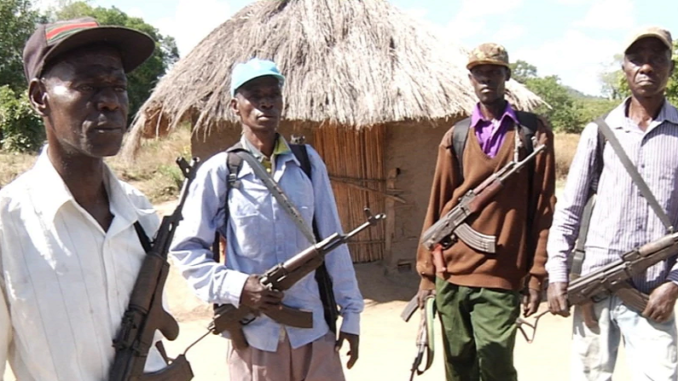
The envoy of the United Nations Secretary General to Mozambique, Mirko Manzoni, said this week in New York that the Mozambican government has the money to pay pensions to Renamo guerrillas, an issue that has been the main dispute between Maputo and the main party of opposition.
Meanwhile, political analysts consider that the non-payment of pensions to former guerrillas reflects a complex reality that the Government of Mozambique is trying to hide, which is the lack of resources for current expenses, being forced to make deviations from the application of funds made available by the international community or for this purpose.
Speaking to the media, Mirko Manzoni, said that “financing is a subject that seems to be a little technical”.
“The financing of pensions was voted on, the Government of Mozambique has the money to pay pensions. It is clear that the issue of pensions is not easy. Also in my country, which is Switzerland, it is not an easy matter. Pensions, in the case of Mozambique, will be paid like all combatants”, he concluded.
Political analyst Manuel Alves is of the opinion that the Government is committed to the agreements signed with Renamo, but does not have the money to pay pensions, just as it cannot fit all civil servants into the so-called Single Salary Table.
“There are many bad cases in Mozambique due to lack of funds”, emphasizes that analyst, while also political analyst Alexandre Chiure says that the European Union and other international partners have promised to support the process of Demilitarization, Demobilization and Reintegration (DDR) of the combatants of the Renamo, but due to lack of resources to face current expenses, eventually, the Government is being forced to divert promised funds.
